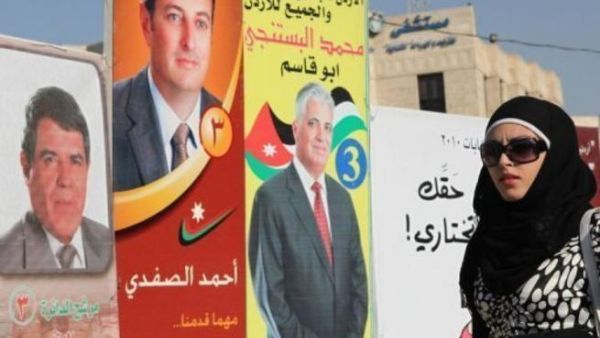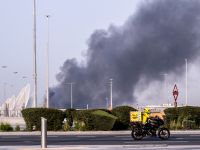Jordanians voted Tuesday in an early general elections which are expected to end with a victorry to MPs with tribal links and loyal to the government. The opposition Islamists decided not to be part of these elections.
Some 2.5 million Jordanians are eligible to vote at 1,492 polling stations, choosing from 763 candidates vying for a four-year term in the 120-seat lower house of parliament, with 12 seats reserved for women.
Some 100 candidates are former MPs, and 134 are women.
"We hope the lower house will represent all Jordanians and enhance the county's achievements," Prime Minister Samir Rifai was quoted as saying by AFP.
The opposition Islamic Action Front (IAF) party is boycotting the election in protest at constituency boundaries determined under a new electoral law adopted earlier this year. IAF head Hamzah Mansur defended the decision to boycott the vote. "Reform cannot be achieved unless there is real public pressure by all possible, lawful means," he told AFP.







